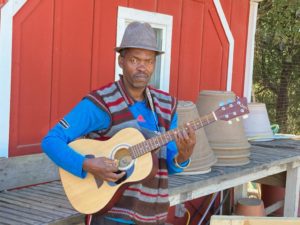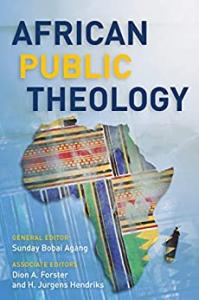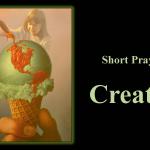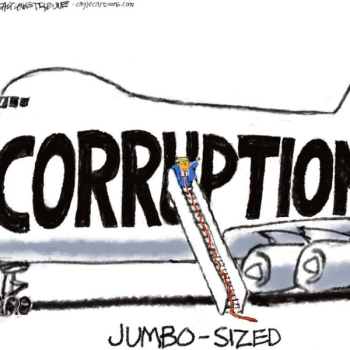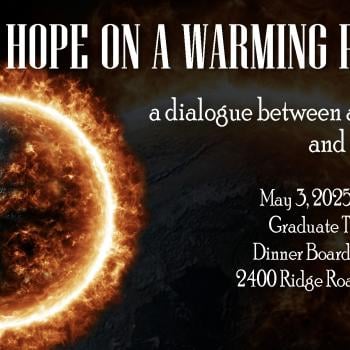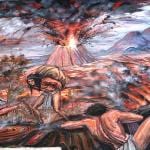The Drumbeat African Public Theology of
Mwaambi G Mbûûi
PT 5016
A distinctively African public theology that rises out of a specifically African context?
I would like Pathos readers to meet leaders from different contexts around our planet engaged in the mission of the public theologian. We’ve already met Noreen Herzfeld, Karen Bloomquist, the Black Pastor, and Katie Day. If you’d like more resources on Public Theology, click here.
Now let’s meet Mwaambi G Mbûûi, or Mbûûi (pronounced M-bouy) for short).
Meet Mwaambi G Mbûûi
Meet Mwaambi G Mbûûi, an energetic and passionate Kenyan now pursuing doctoral studies in Berkeley, California, at the Graduate Theological Union and the Star King School for Ministry. Almost Doctor Mbûûi has just finished teaching a seminar on Drumbeat African Public Theology. Mbûûi, like so many other African leaders, looks forward to a post-colonial Africa ordered by justice, prosperity, and human dignity. I thought this would be a good time for me to ask him some questions about his vision of African Public Theology.
- What is distinctive about African Public Theology (APT)? Mbûûi : I would begin by offering that the distinctiveness of African Public Theology (APT) stems from the setting within which it is formulated, reflected upon and executed. Hence, it is the critically urgent concerns around the myriad challenges prevalent in the African continent that bequeath APT it’s core thrust, and rationale. In my estimation, therefore, APT is uniquely context-specific, with a clearly defined mandate that demands resolute attention.
- The term, “drumbeat,” connotes that APT rises up from what is native, indigenous, autochthonous. Is this right? Mbûûi :In close connection, the Drumbeat Theo-ethical framework that I propose is decidedly a Public Theology. It keeps open a keen eye on contextual “public” concerns across Africa, while also equally applicable to the global “terrain.” The DB theo-ethical approach takes as its defining character a readiness to identify, amplify and incorporate African indeginious philosophical “ingredients” into the task of theological reflection and praxis, with a sole goal to ensuring the restoration of the fullest scope of the Africans’ dignity–holistically.
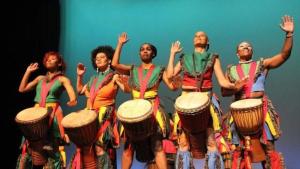
- You’ve just completed a successful semester of teaching pastors and religious leaders: Drumbeat Theology and Liberative Ethics. How has this gone? Mbûûi: Throughout this just concluded semester, I have been immensely inspired by the deep interest my students have showed in their quest to intently interrogate the diverse contours of a Drumbeat theo-ethics. Such an inestimable source of hugely positive affirmation for sure, especially considering that it is the first opportunity that I have had to tease out the various DB components that I had been reflecting on for quite some while, this time within the context of a deeply engaged community. A repeatedly vocalized assessment all through our time together is the way in which the “African Drumbeat Theology and Liberative Ethics” course afforded an opportunity to “try out something different,” in the words of one of my students, after having attempted same methodologies over and over again, without much promise of any radical outcomes. In addition, the safe space that the students found in boldly yet respectively exploring diverse voices was definitely so earnestly appreciated.
- What are your key concerns as a public theologian? Mbûûi: A key issue of concern for the African Drumbeat/Public Theologian would be the dearth of an empathetic leadership. We desperately need leadership that takes seriously the wholesome liberation and thriving of those that are led. Who needs this leading? The African populace, especially those with their “backs pushed against the wall(s)” of multifaceted oppressions (Howard Thurman). This effectively informs the focus of my doctoral project: what caliber of leadership does the African continent need in order for widespread, holistic flourishing to be realizable, within a realistic timeframe?
From Discourse Clarification to Worldview Construction

Hope for Africa’s Future
▓
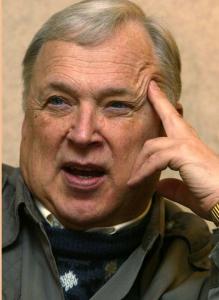 Ted Peters is a Lutheran pastor and emeritus seminary professor. His one volume systematic theology is now in its 3rd edition, God—The World’s Future (Fortress 2015). He has undertaken a thorough examination of the sin-and-grace dialectic in two works, Sin: Radical Evil in Soul and Society (Eerdmans 1994) and Sin Boldly! (Fortress 2015). Watch for his forthcoming, The Voice of Public Christian Theology (ATF 2022). See his website: TedsTimelyTake.com.
Ted Peters is a Lutheran pastor and emeritus seminary professor. His one volume systematic theology is now in its 3rd edition, God—The World’s Future (Fortress 2015). He has undertaken a thorough examination of the sin-and-grace dialectic in two works, Sin: Radical Evil in Soul and Society (Eerdmans 1994) and Sin Boldly! (Fortress 2015). Watch for his forthcoming, The Voice of Public Christian Theology (ATF 2022). See his website: TedsTimelyTake.com.
▓


